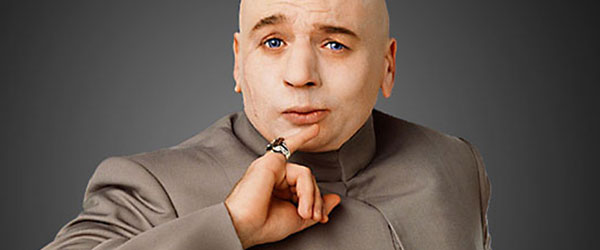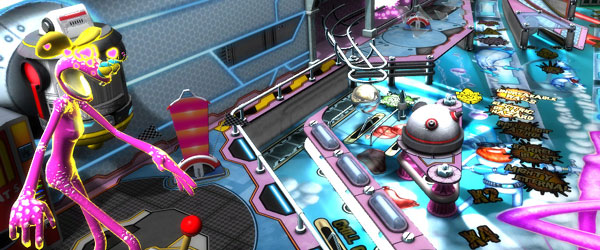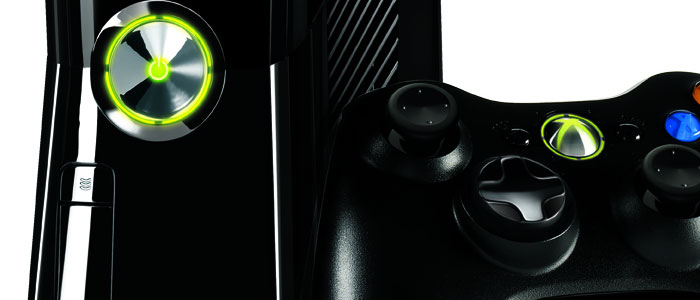Each day, we hear about overworked developers and bad business practices. Unknowable amounts of mud get slung back and forth between publishers and fans. With the advent of digital distribution, we’ve even started hearing of spats between platforms and the content providers. The most egregious of this variety was, no doubt, the keynote address at the 2011 Game Developer Conference delivered by Team Meat co-CEO Tommy Refenes.
During his address Refenes claimed a variety of offenses by Microsoft during the 2010 Game Feast, of which Super Meat Boy was the headliner. He was even quoted as saying that he and partner Ed McMillen “just killed ourselves trying to get this game done.” Most recently, the two went even further with their criticism of Microsoft in an interview with Gamasutra’s Mike Rose, in which the two stated that they don’t think they’ll ever work with Microsoft again. This follows Rob Dyer, Sony’s VP of Publisher Relations publicly claiming that Microsoft is “kicking the living crap” out of those looking to get their content on the XBox Live Arcade.

I had the opportunity to speak with another developer involved in last year’s Game Feast, Mel Kirk, Vice President of Marketing and Public Relations and Chief Code Distributer at Zen Studios (Pinball FX2), who tells a very different story about working with Microsoft. In fact, he shared with me that he was in the audience during Refenes’ keynote and was “shocked” and that his “jaw dropped.”
In talking with Kirk, he gave me an account that was completely unlike the one Refenes spun to a packed house during his keynote. “Our experience seems to be quite different than others,” he stated. “We always felt like a partner and that Microsoft was invested in our success. They wanted Pinball FX2 to do well.”
Kirk shared that Zen Studios’ relationship with Microsoft, which is still going strong nearly a year after Pinball FX2’s release on the XBox Live Arcade, is about more than promotion and marketing. “Sure, you absolutely want to be part of one of the big promotions,” he said. “It’s very strategic, and small developers need platforms like XBox Live Arcade to hold the line on pricing and have promotions that highlight quality content.” But talking with him revealed that the level of collaboration is so much deeper.
Microsoft brought ideas and inspiration on the development side. The social system and competitive nature of Pinball FX2, along with the free-to-download shell with in-app purchasing, was co-developed. The two partners each brought expertise to the table, and that collaboration has resulted in enormous sales each time a new pinball table is released.
It’s a different story than Jonathan Blow told last month when he blasted Microsoft for its contract and certification processes, which he called “bullshit.” In contrast, Kirk’s take weighs the cost and benefit of working with a major player like Microsoft. “It’s fair for what you get in return. To do business with a company like Microsoft, you’re going to need a lawyer and you are going to need a business infrastructure.” He went on to tell me that, “there are more complicated contracts for developers to understand than a Microsoft agreement.”
In addition, developers have criticized the requirement that every XBox Live Arcade game have a demo available. According to Kirk, Zen Studios’ experience is that games without demos sell fewer units. It’s a cost of doing business and always part of their marketing plan. He believes that “if you have a good game, you want a demo out there.”

For Pinball FX2, that meant a completely new pricing model for the XBox Live Arcade release, putting the social elements and infrastructure in the hands of gamers at no charge. Players can populate their virtual arcade with the tables that they like and purchase them a la carte or in packs. “Players can experience the tables first, which allows them to try out the product before investing,” said Kirk.
Zen Studios and Microsoft arrived at this solution together and the relationship continues to yield benefits for both. Pinball FX2 has been featured in the Microsoft PAX booth for two years, most recently with the newest table built around Twisted Pixel’s Ms. Splosion Man.
Kirk told me that working with Microsoft catapulted Pinball FX2 into the spotlight, and that every promise made to Zen Studios was fulfilled. “We never had to track them down or chase after them. They were always responsive.”
Throughout my conversation, which was entirely upbeat and positive, it became clear to me that, over the past 6 months, only one side of this story has been shared. We’ve heard all about “big bad Microsoft” and how indie developers are being worn down underneath the power of the XBox legal team. As a journalist, it’s refreshing to be able to share a positive story about a collaborative relationship between developer and platform holder.
Said Kirk of Zen Studios’ partner, “Microsoft had a lot to do with our success.”

Todd A Coco
Zen deserves to be successful. They have a fantastic product that is easy to update and enjoy as you see fit. Over time I have bought all of their pinball tables through XBLA because of the purchasing model there. It’s nice to know that they will continue to support their platform on XBLA.
Remember one thing game developers, the only thing customers want is GOOD GAMES and a hassle free delivery system. XBLA, STEAM, and PSN do the job admirably. Get your good games out on these services and the rest is cake.
P.S. Hint, bitching and whining in public is a good representation of how fun it is to work with one who bitches and whines. I’d rather eat rusty nails.